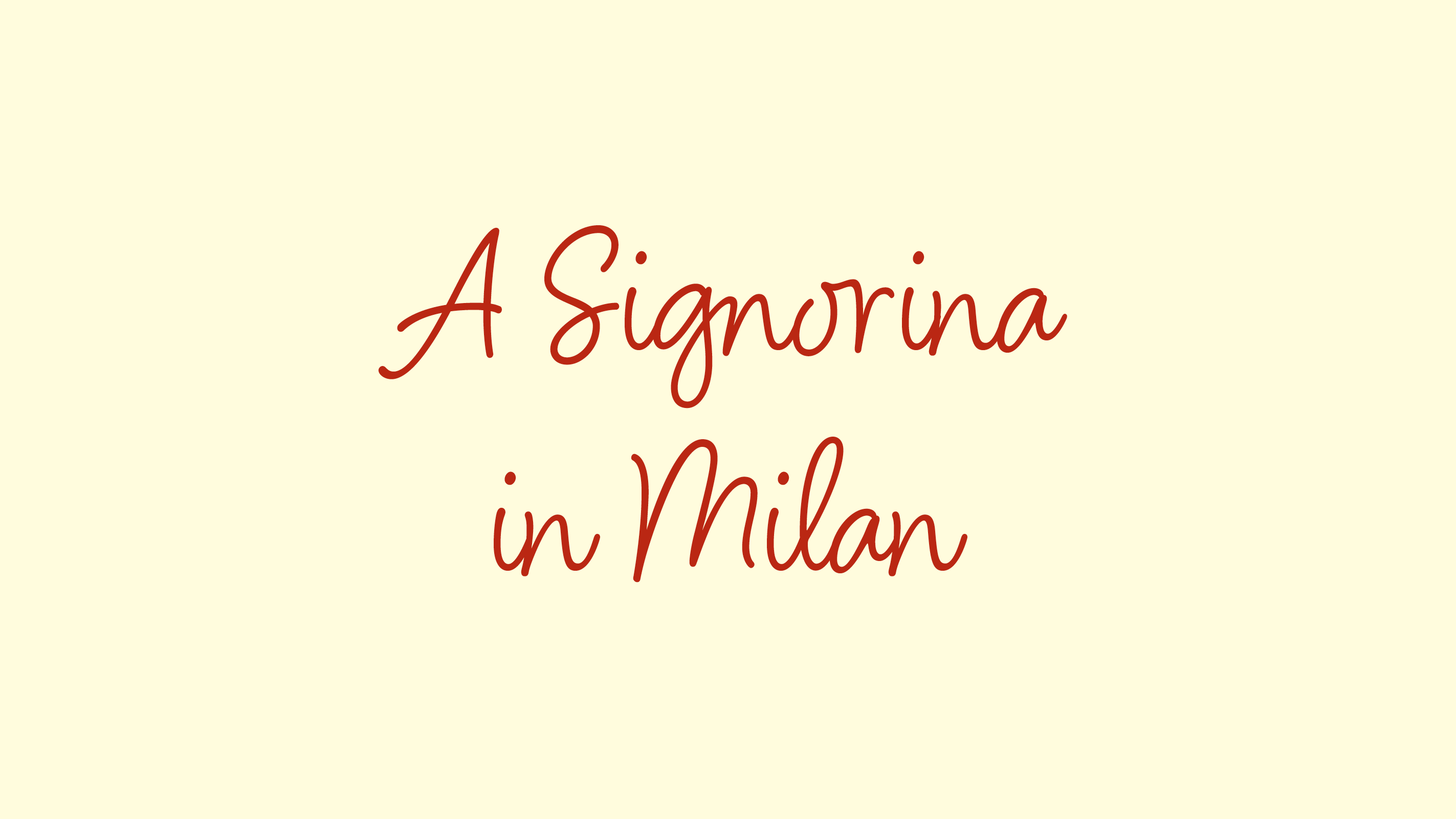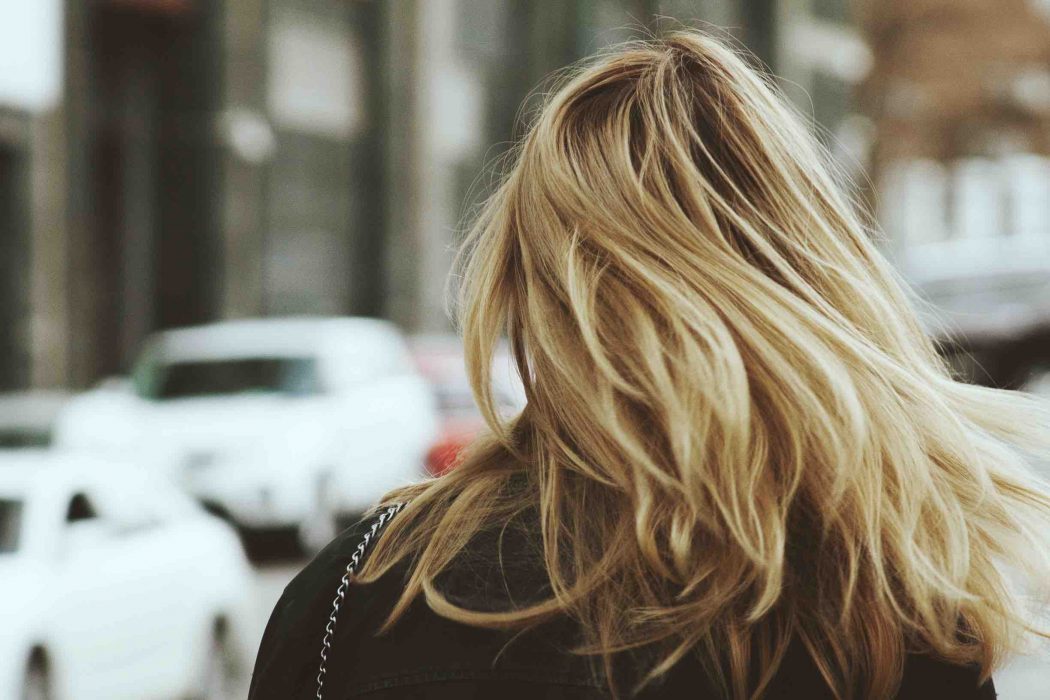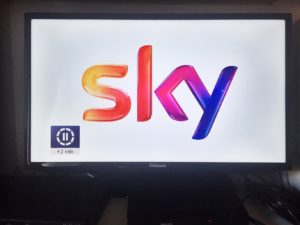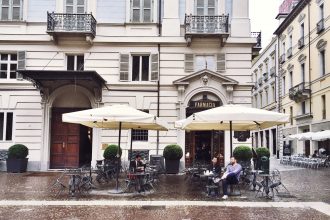When I lived in New York, blowouts were one of the many facets of life that seemed like a banal norm to everyone else, but were an ultimate luxury for me. Nowadays, however, getting a blowout in Italy is a weekly (at least) ritual for me; partly for practicality (I don’t have to clean up my hairs!) and partly because I live in Milan where the sidewalks could easily be mistaken for catwalks. As I’ve said before, the Milanese take pride in their appearance, so I take every extra step (no matter how small!) towards putting my most well groomed foot forward–even though I always fall a bit under par.
Unless it’s the summer when it’s hot and I’m super sweaty (particularly after a run), I rarely wash my hair myself. I rely on the nifty hair salon al fianco del mio palazzo. I average about two blowouts a week and maximize the time in between with the wonder of dry shampoo (shampoo secco). Plus, when I dry and straighten my own hair at home, I lose so much of it and I dread the daunting clean-up.
Getting a blowout in Italy scared me at first, but once I’ve mastered the vocab, it became quite simple, and I wanted to share it here on my blog in case could be helpful for newbie expats, study abroad students and/or Italy vacationers.
- Piega – blowout
When they are washing your hair, they might ask you:
- Male? Pronounced Ma-lay…they’re asking if it’s bad, for instance if they’re hurting your head as they scrub or if the water is too cold (fredda) or too hot (calda).
As they’re getting ready to dry you’r hair, they’ll ask if you want your hair:
- Lisci – straight
- Ricci – curry
If you opt for straight, they also might ask you:
- Dopo la piastra? Or passa la piastra? Do you want the flat iron after?
Once your hair is dry:
- Un po di lacca o olio? A little hairspray or oil? (I usually opt for the latter.)
A few other words to help you out in the hair salon:
- Ricrescita (the term for your roots, which I sadly must get done ever three weeks)
- Taglia scalata – layered cut
- Doppie punte – split ends




